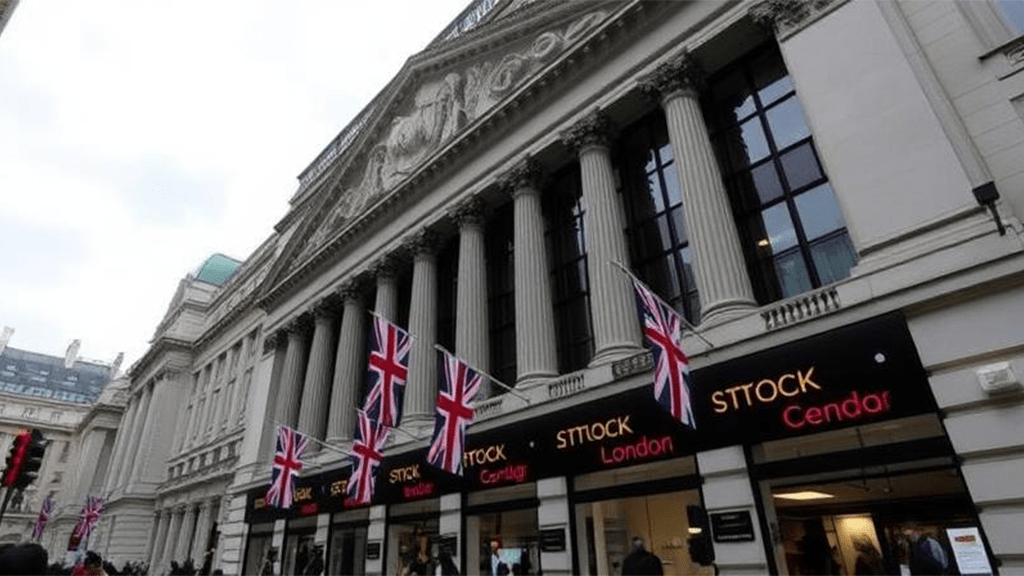London Stock Exchange Dips Amid Recession Fears and Weak Pound

April 08, 2025: The London Stock Exchange fell sharply as concerns over the UK’s economic outlook intensified following recent recession confirmation and a weakening pound. The FTSE 100 dropped more than 1.2%, driven by declines in export-heavy sectors, financials, and consumer staples.
Markets reacted to data confirming three consecutive quarters of GDP contraction, placing the UK firmly in a technical recession. Investor sentiment was further rattled by persistent inflation and uncertainty over the Bank of England’s interest rate strategy as wage growth slows and consumer confidence declines. The pound dipped below $1.25, hitting a three-month low against the dollar and euro, amplifying the cost of imported goods and pushing inflationary pressure higher.
Exporters, typically seen as beneficiaries of a weak pound, failed to benefit amid broader risk aversion. Mining giants, energy majors, and financial services companies led the sell-off, with Barclays, BP, and Glencore among the worst performers. Analysts cited expectations of reduced consumer demand, falling industrial output, and a cautious global investment environment.
The combination of currency weakness and economic contraction has triggered renewed focus on the UK’s structural growth issues. Business groups have called for clarity on regulatory policy, trade strategy, and fiscal support measures. Uncertainty around the upcoming general election and lack of new investment incentives are weighing on corporate planning.
Investors are watching closely for signals from the Bank of England. While markets had anticipated rate cuts in mid-2024, the uptick in core inflation and recent volatility in food and housing costs have complicated the timeline. Some fund managers now expect the BoE to hold rates longer to anchor inflation expectations, risking more profound stagnation.
Safe-haven flows into gilts and gold suggest a defensive positioning shift as portfolio managers hedge against volatility in UK equities. Domestic-focused midcaps on the FTSE 250 also posted losses, with retail and property sectors underperforming.
The Treasury has not announced new interventions. Chancellor Jeremy Hunt reiterated commitment to fiscal discipline, though pressure is mounting to consider targeted support before the following budget review. Without a shift in macro indicators, the LSE may remain under pressure through Q2.


















































